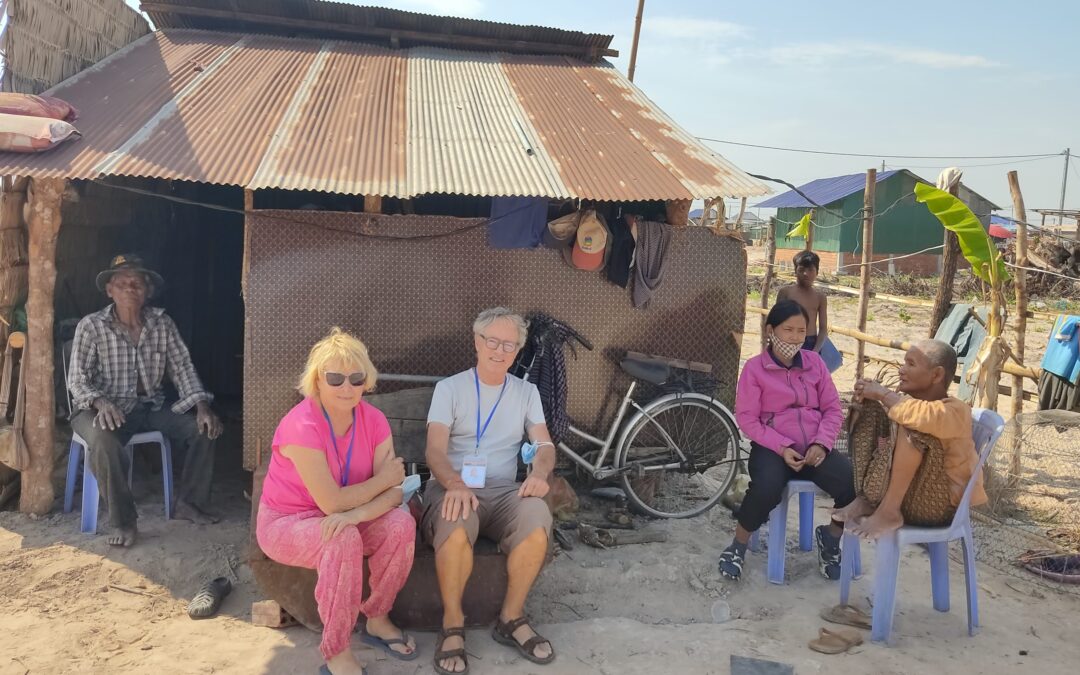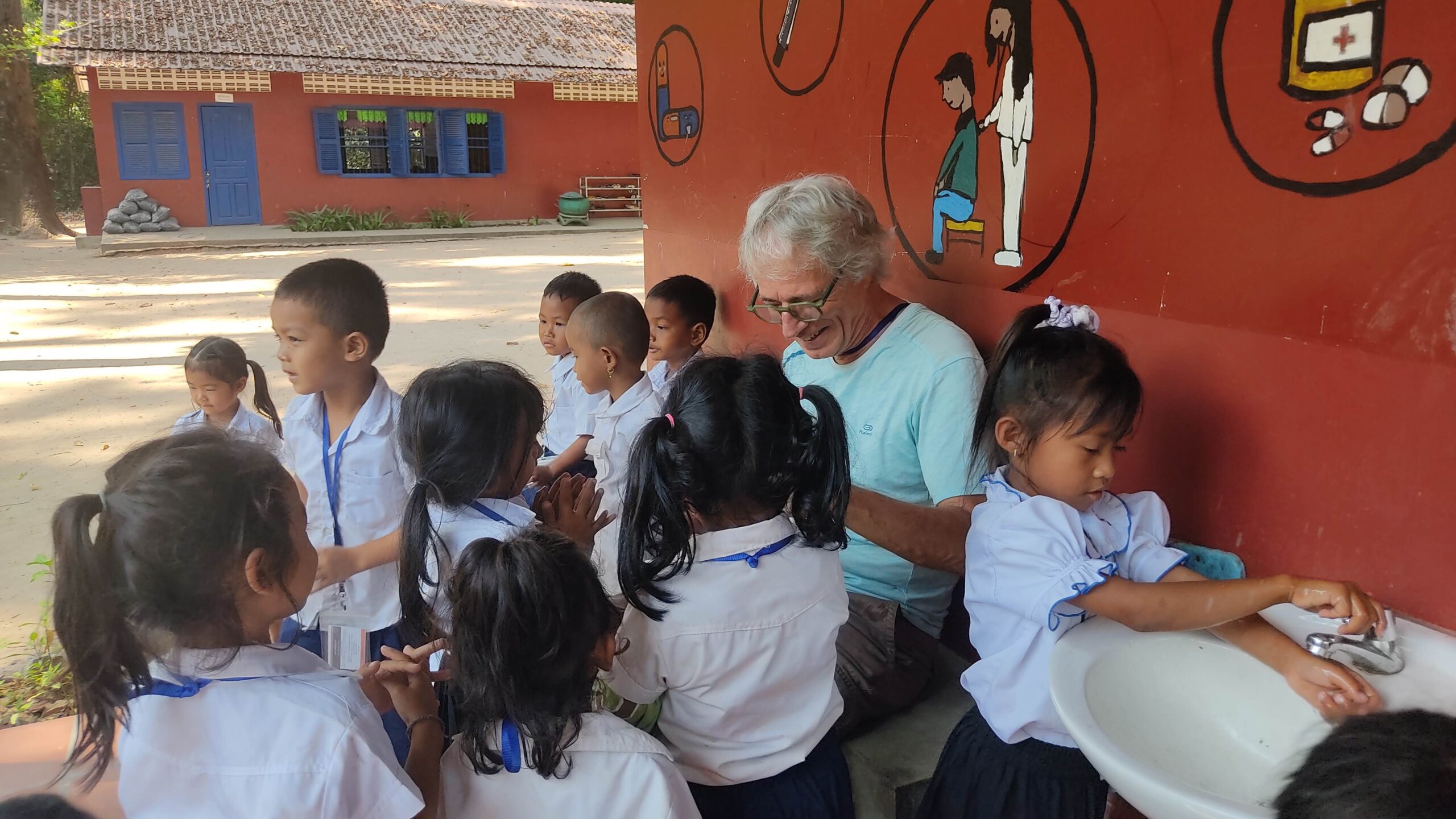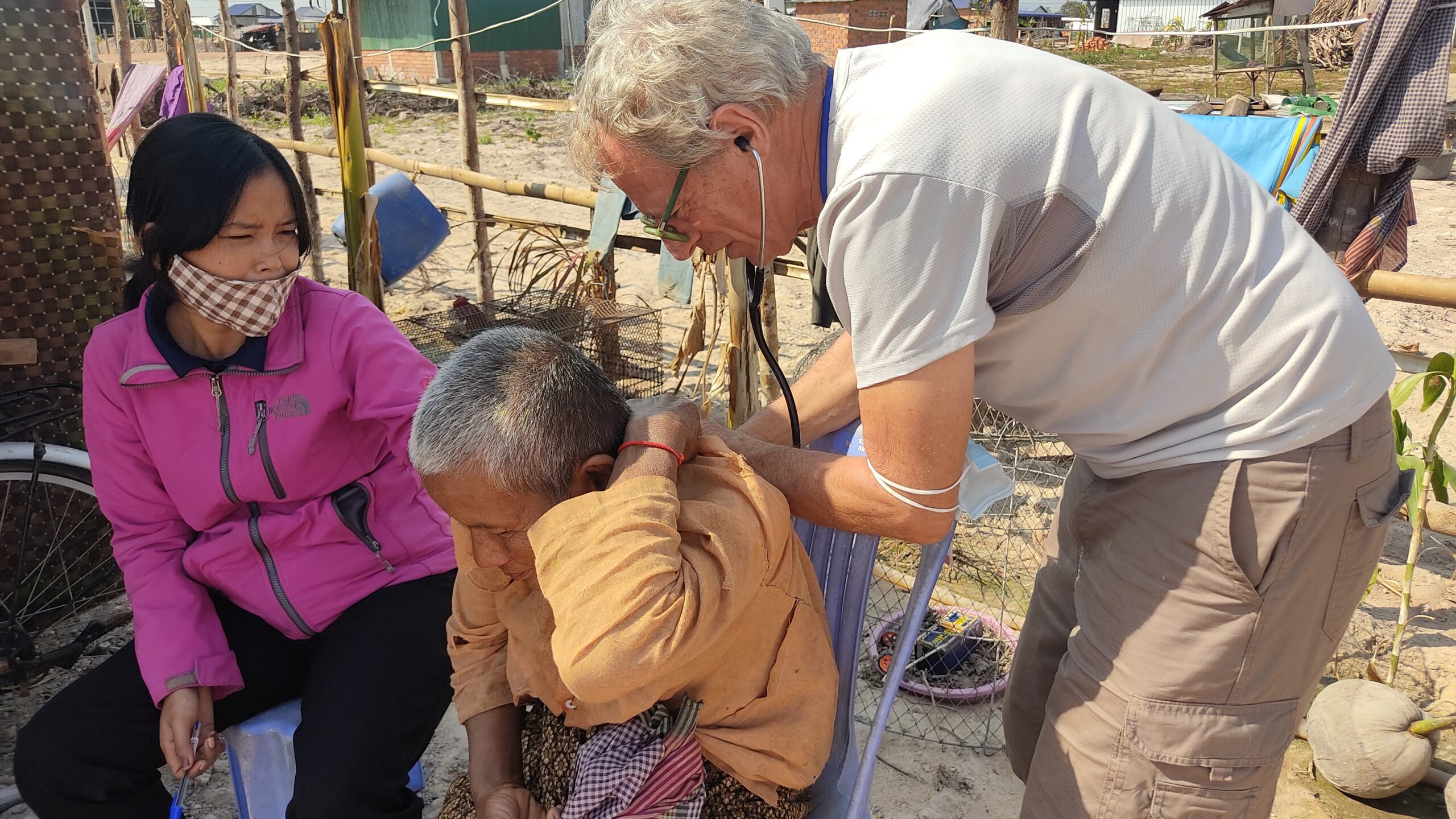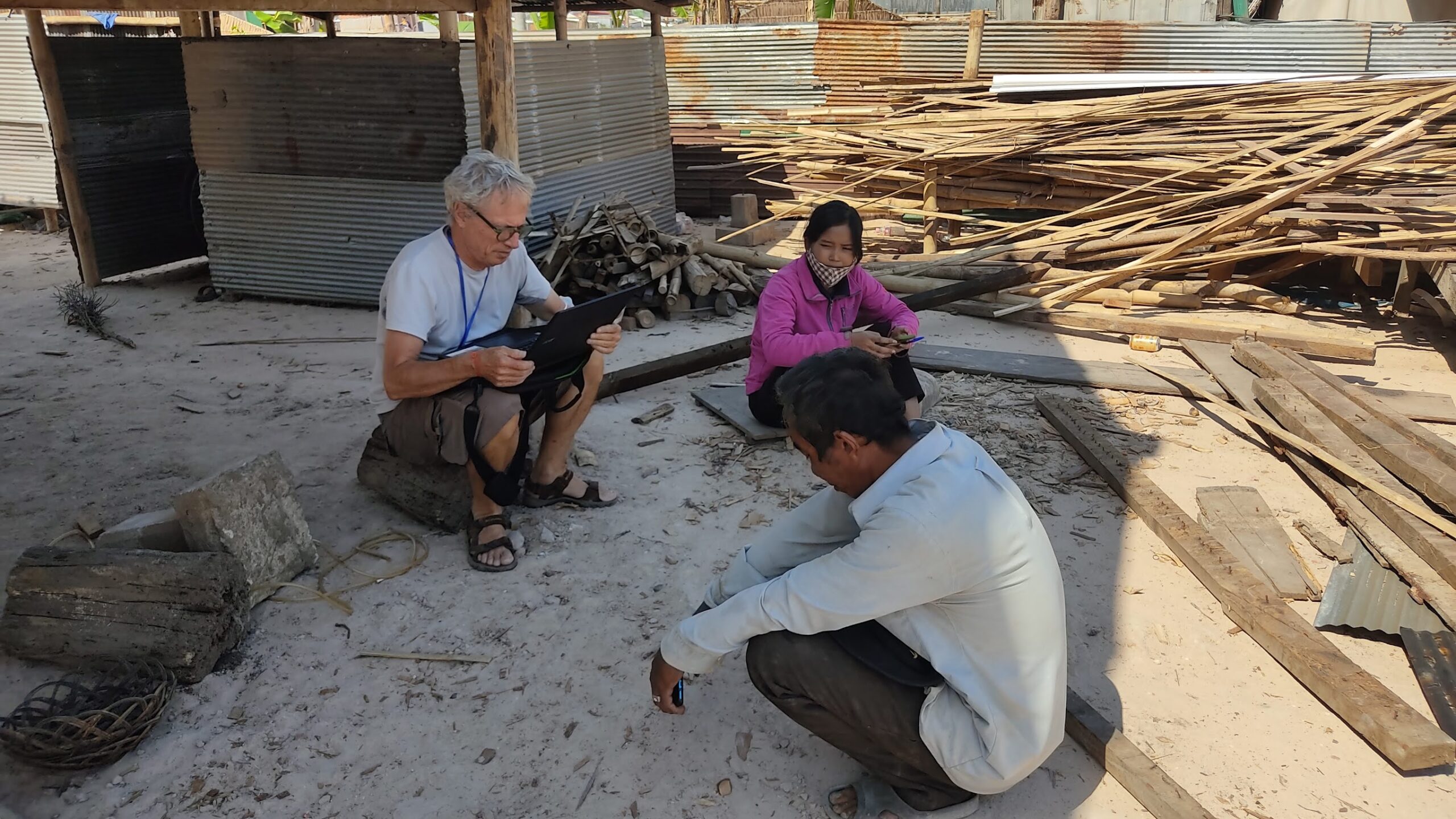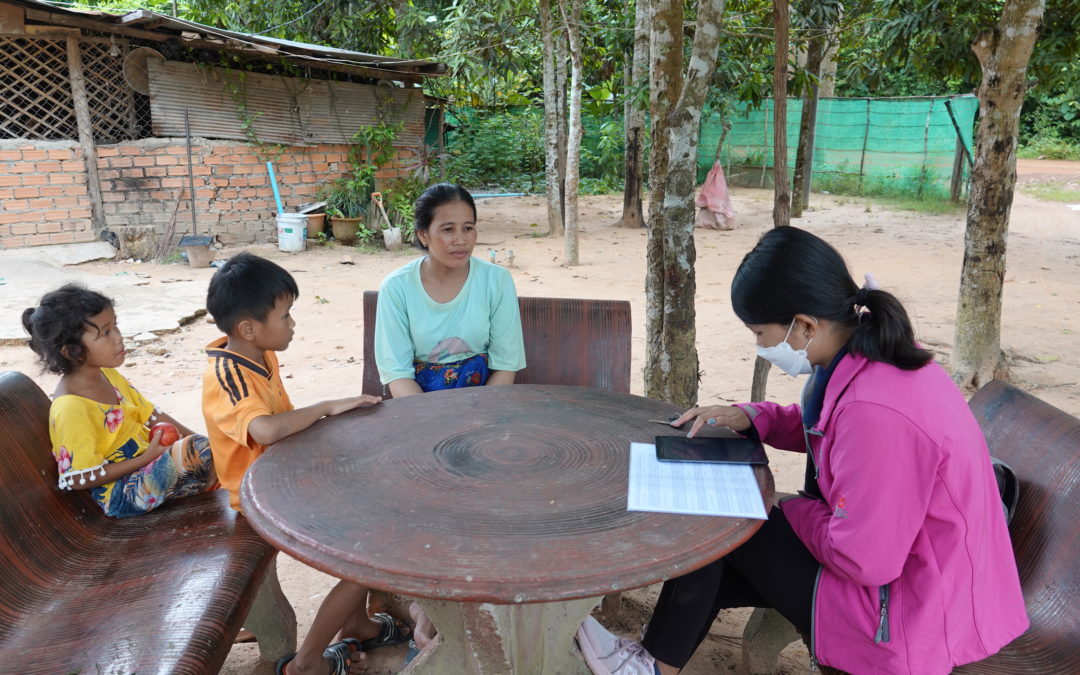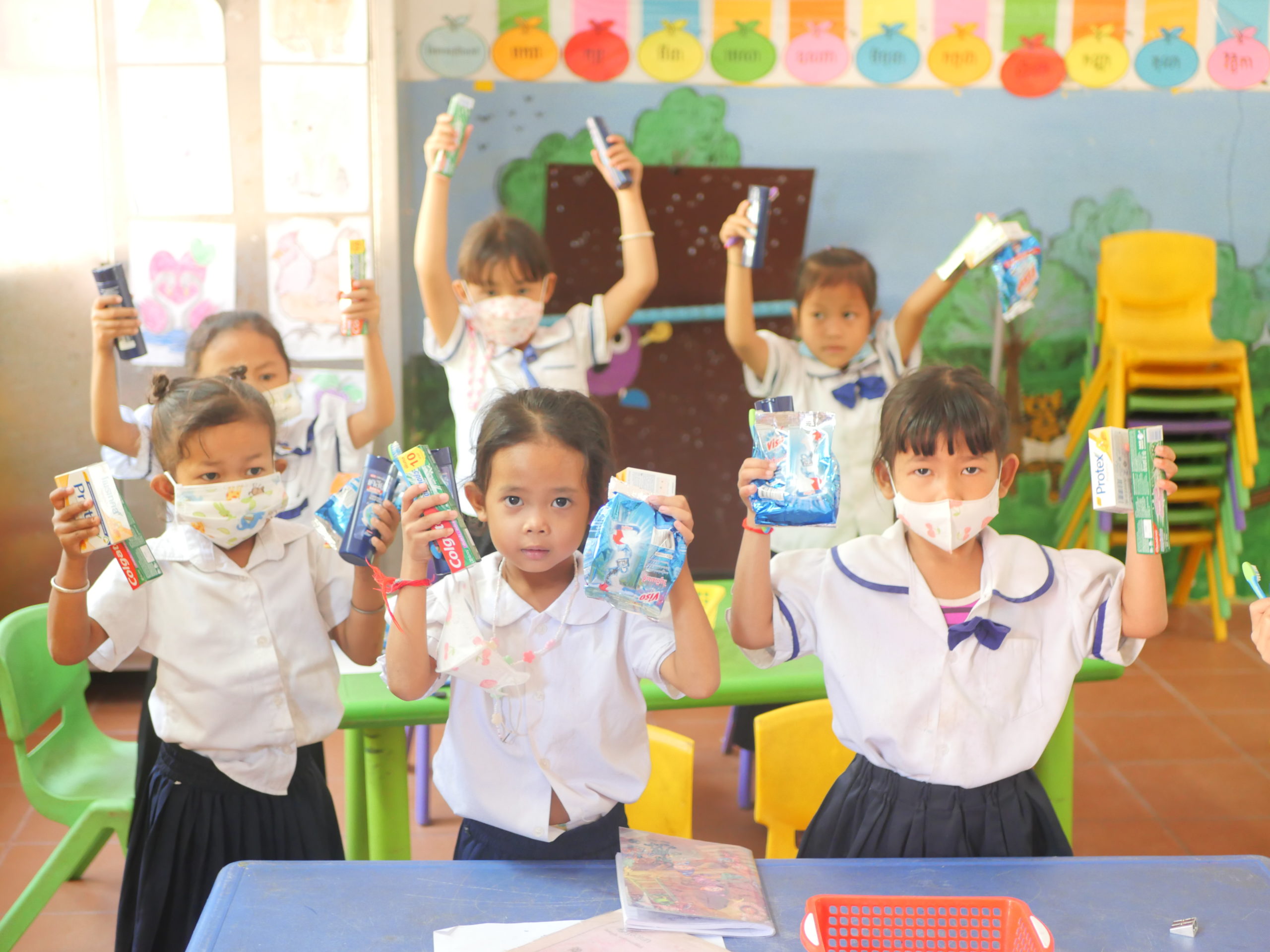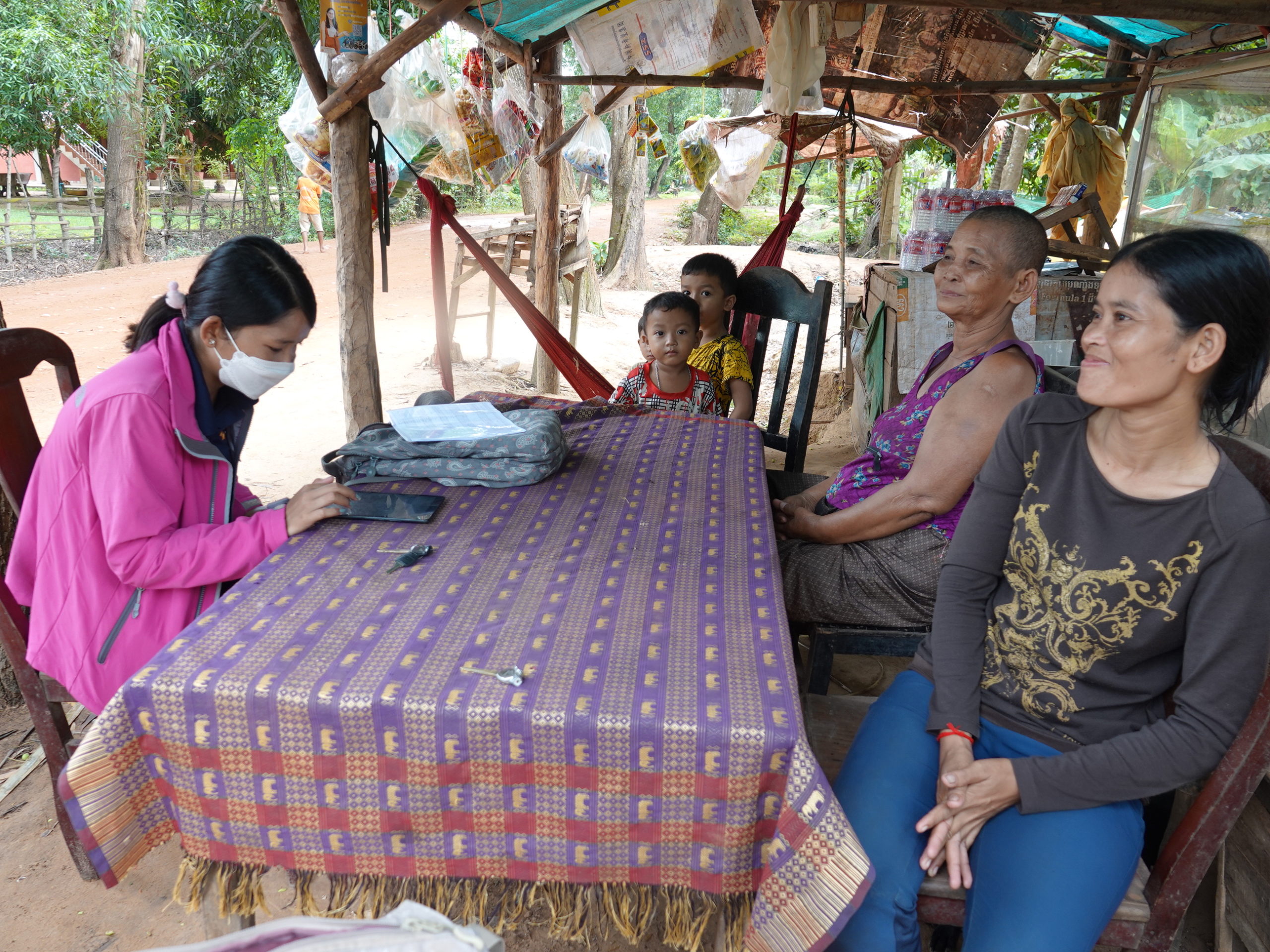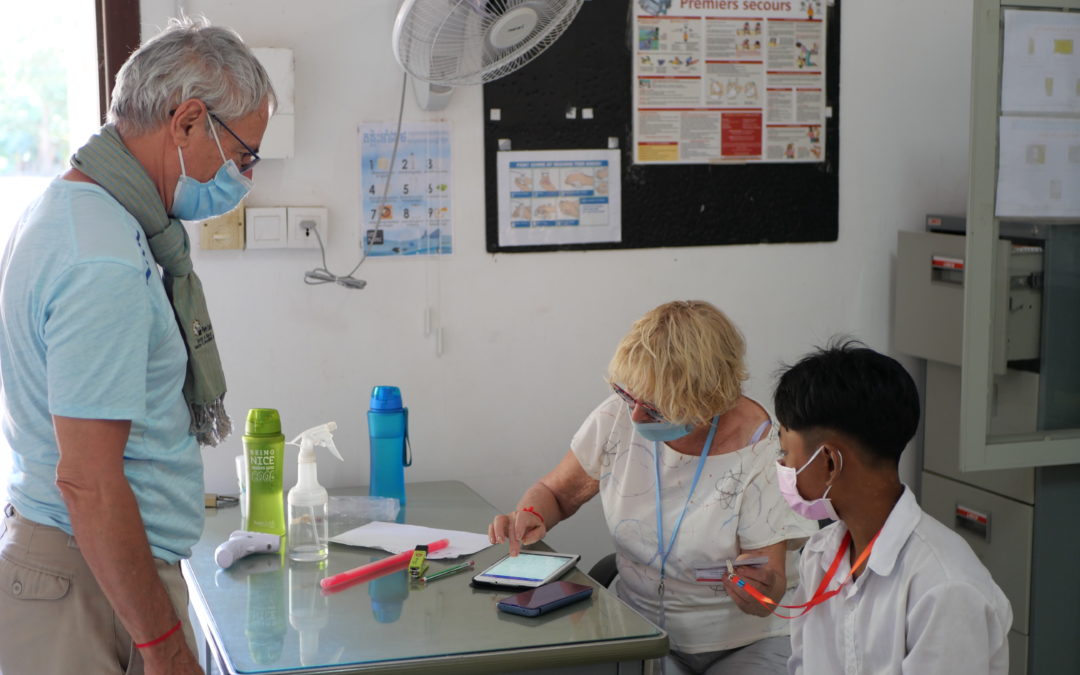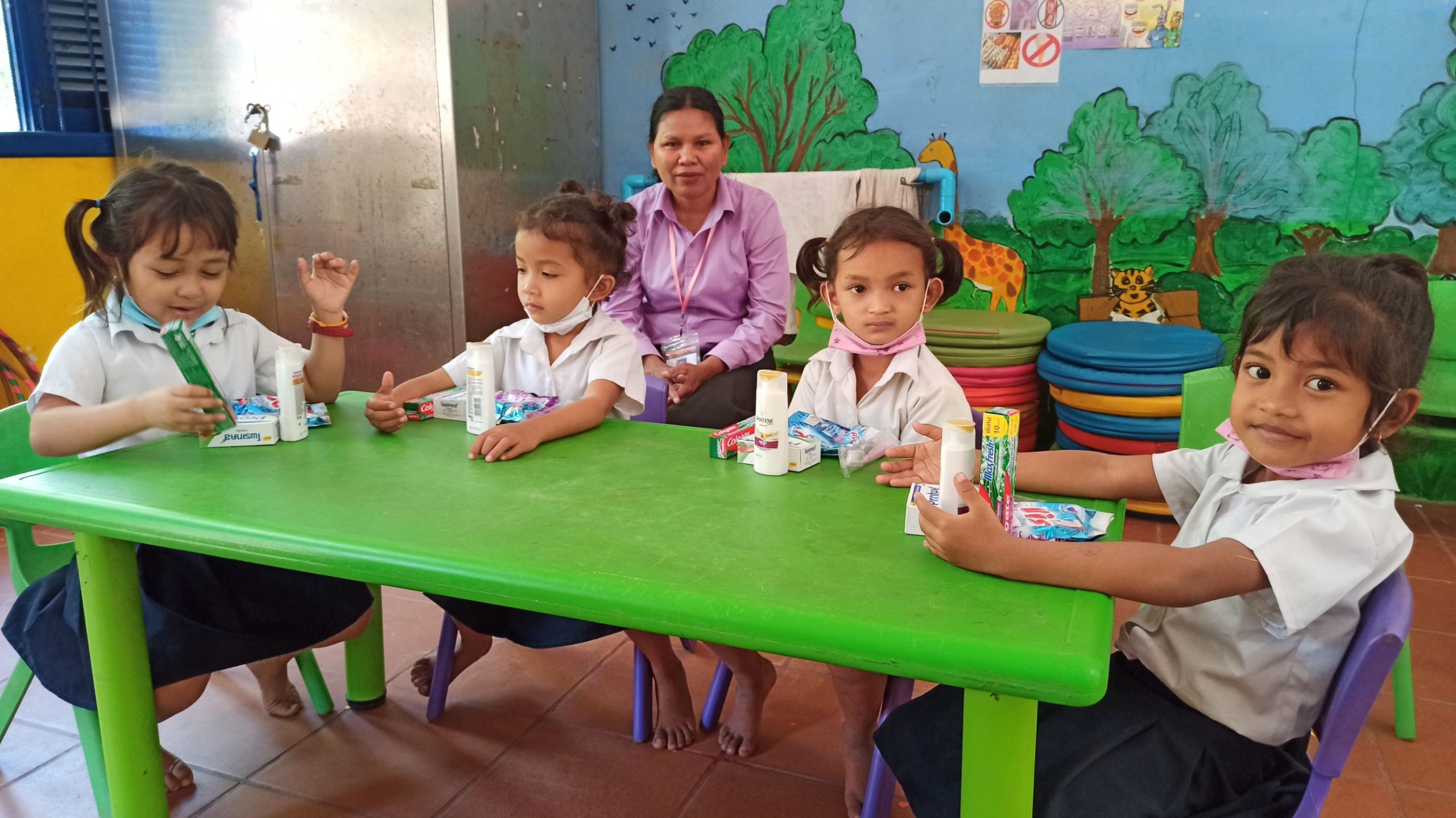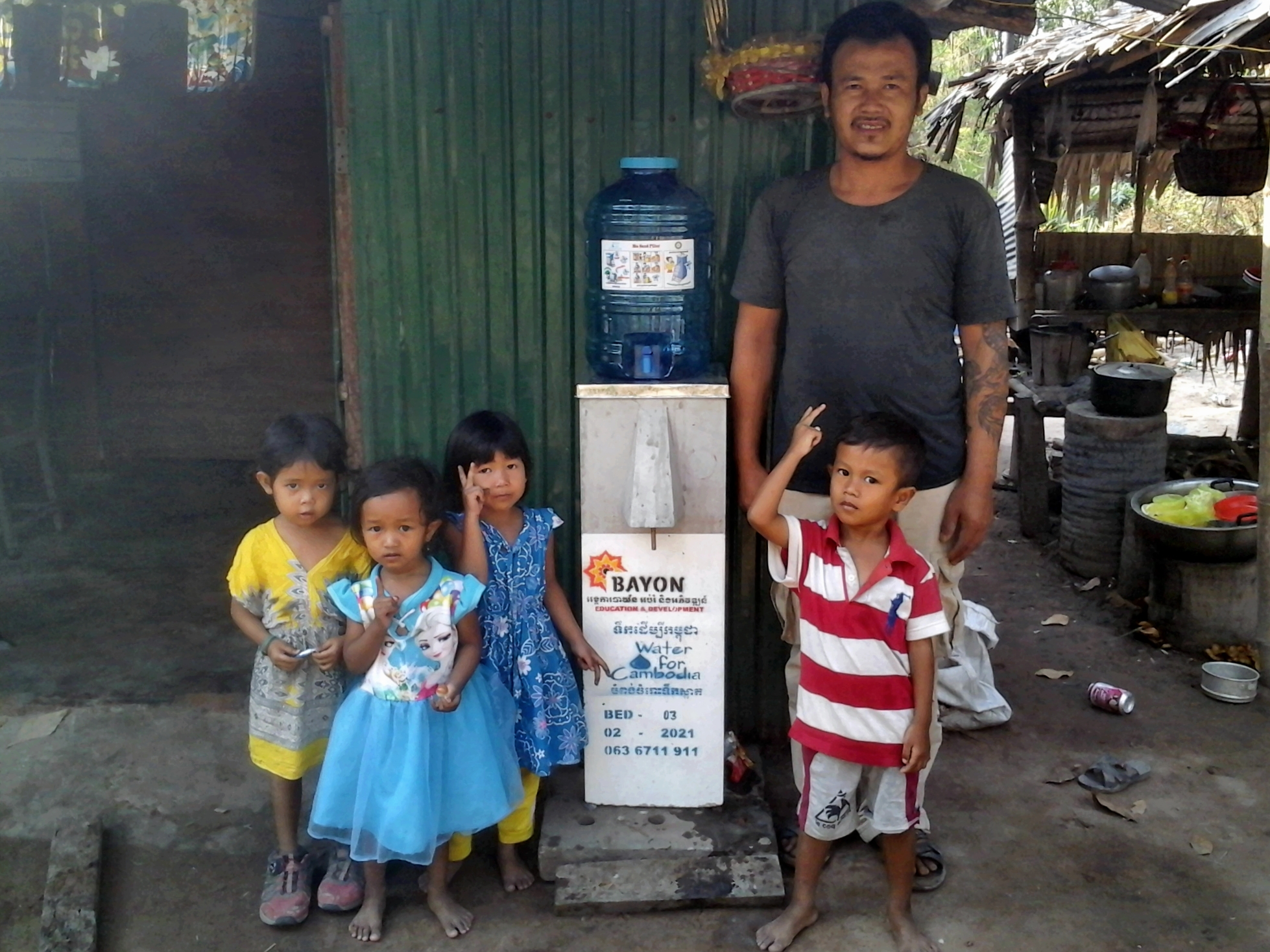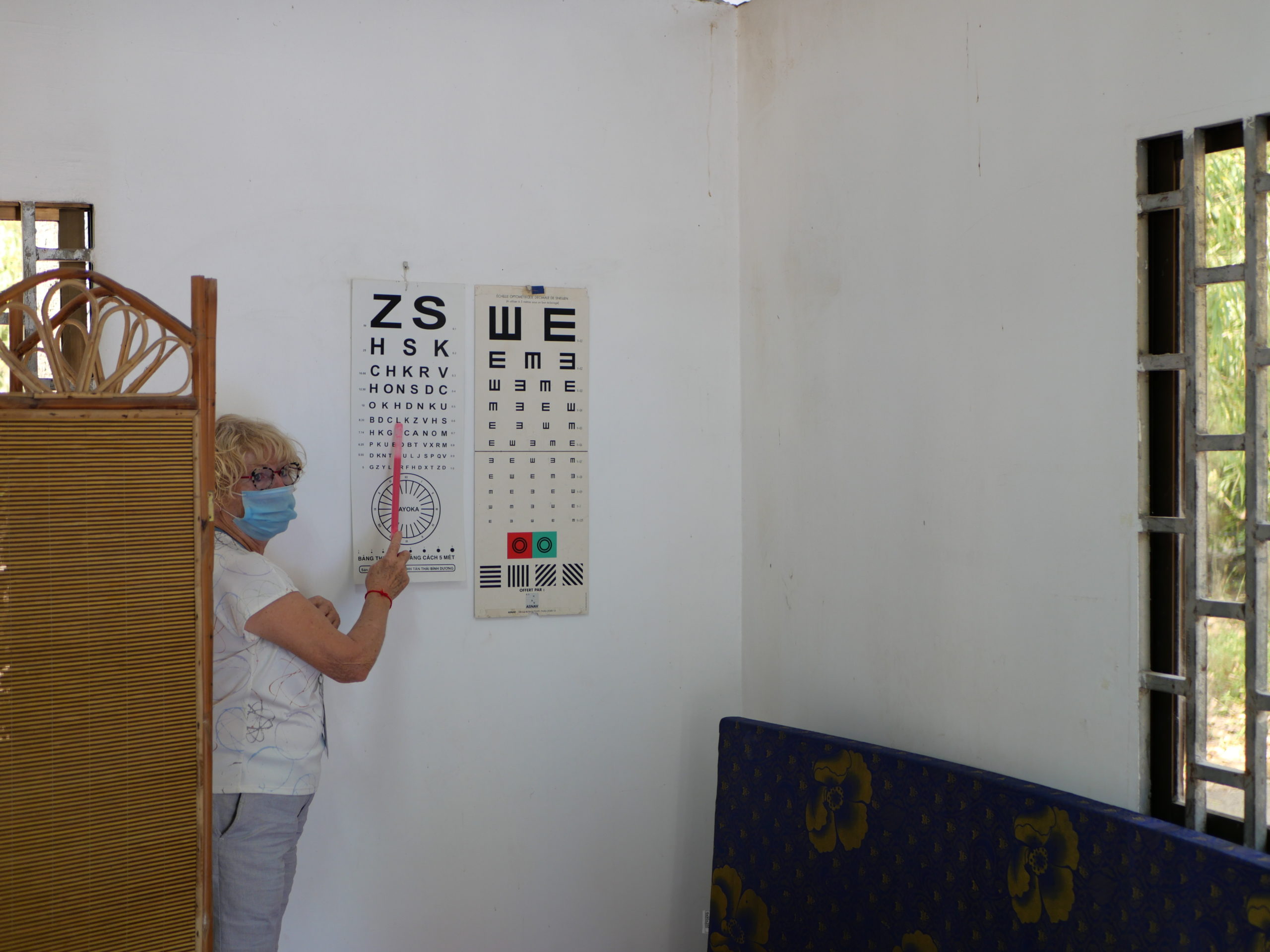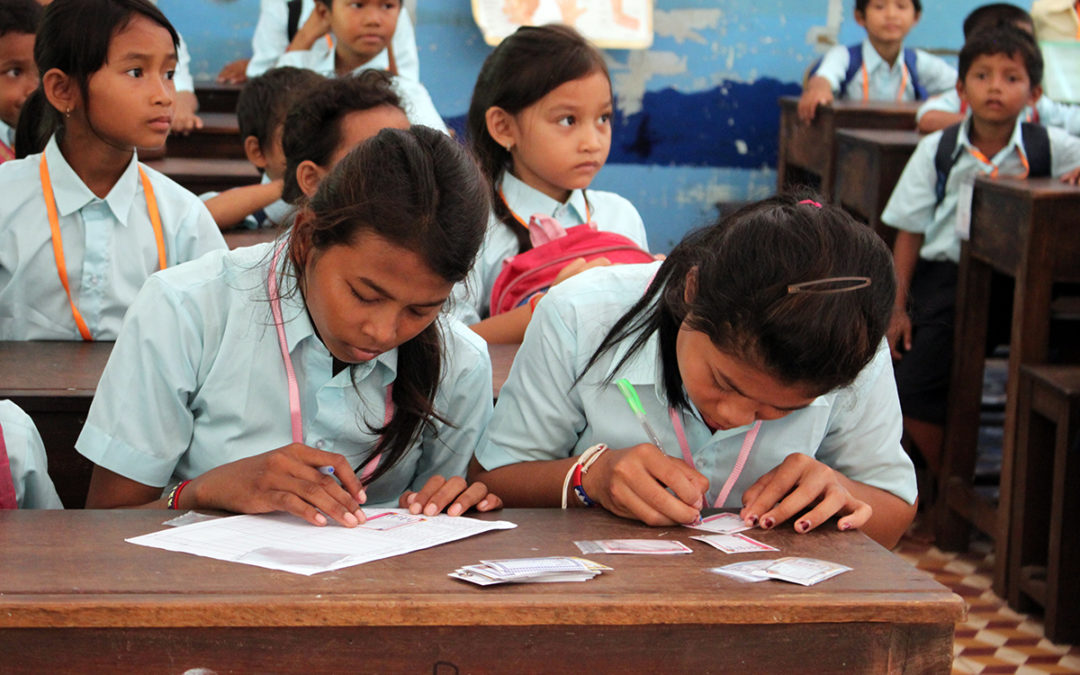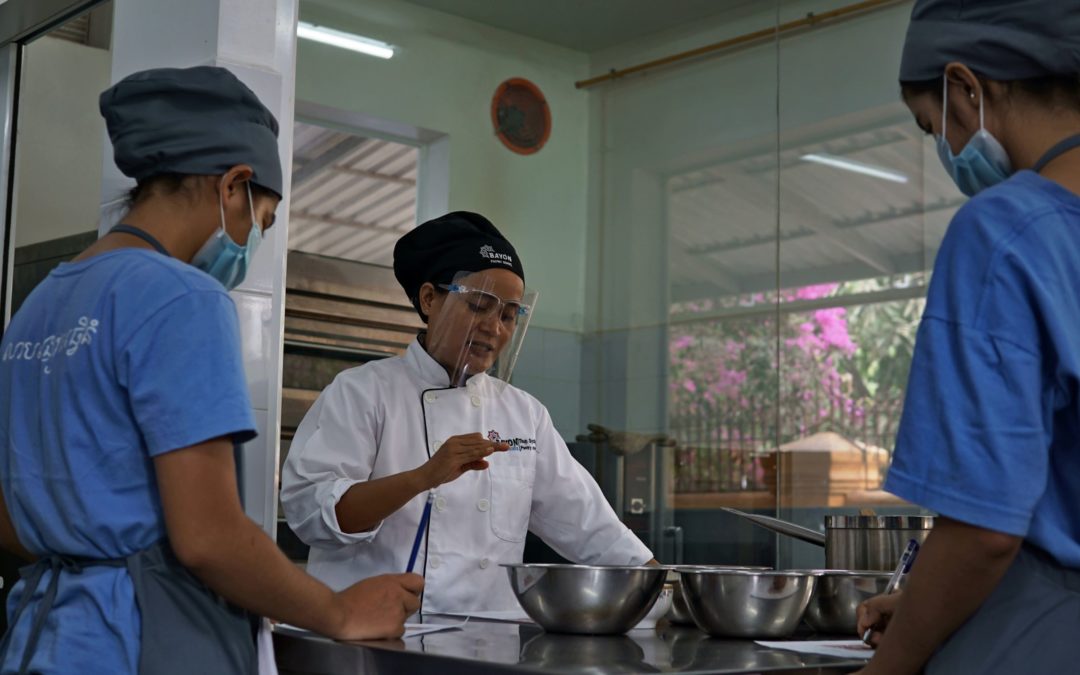
New intakes and new training cycles
New intake for a new training cycle In March and April, two new classes entered the Bayon Bakery and Pastry School and the Agro ecology school.
Full of enthusiasm, the new pastry and bakery students embarked on a year of intensive training, combining theory, practical experience and internships.
The start of the new school year was also marked by their move into a new house, offering a more spacious and comfortable living environment, conducive to learning and community life.
They were able to settle in, discover their new surroundings and take part in their first extracurricular activities. At Agro ecology school, past class has entered its second year, while a new group is beginning the training cycle. Each class follows a 750-hour program, 70% of which is hands-on, focusing on three main areas: understanding ecosystems (soil life, organic farming, sustainable animal husbandry), farm management and operations, and food processing (safety, preservation, packaging).
The year concludes with a 3-month internship on a farm or with a partner company.
We wish them all a year rich in learning and success.

